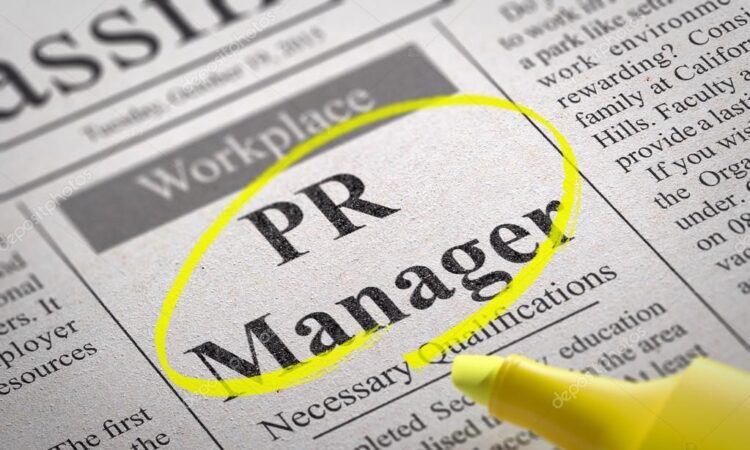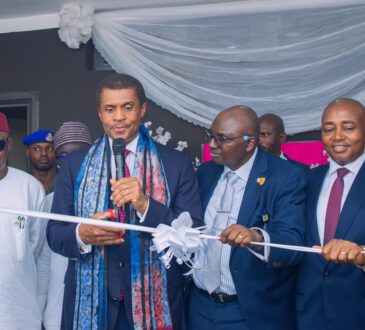
The success of a PR manager’s work largely depends on whether he manages to create conditions for effective communication with the client and organize the co-creation process. Therefore, it is important to perceive this interaction as one of your work tasks, which needs to be given time and attention. Though, sometimes the working day starts in the worst conditions. Stress, many things can’t be done in time. Mood? never heard of that! To cope with everything the best choice is to forget about daily routine for a short time by playing live in-play betting. After a great break test your luck at work and we believe everything will go smoothly.
How PR Manager Works
Most clients are ignorant of the intricacies of the PR trade. People outside the profession may not know what will be interesting to the media and what is not. They do not have the skill to write press releases and articles, as well as understand how the media market works.
Therefore, it is important to gradually tell the client how PR works. Share interesting cases tell us how the process of working with the media is built, and introduce journalists. There is no need to burden the client with unnecessary details. He is unlikely to ever have to write a press release on his own, but an understanding of the general principles of the profession is necessary.
Present Your Results
This principle follows from the previous one. Due to ignorance of the specifics, it can be difficult for a client to fairly evaluate the results that a PR specialist or team shows.
Therefore, instead of a dry Excel spreadsheet or even a bright presentation report, it is better to organize a video call and talk about the results in person. You should not overpraise yourself and wishful thinking, but worthy results of labor can and should be explained, defended, and defended.
A large number of working chats in messengers, to which all business correspondence has long migrated, creates the feeling that you are in touch with the client 24/7. Regardless, it’s a good idea to have video calls or even offline meetings on a regular basis.
Personal communication supports communication on a different level. It helps to avoid misunderstandings and contributes to a more rapid resolution of current issues. It also strengthens personal contact.
Research from the American Psychological Association confirms that verbal communication strengthens social bonds and is more satisfying than texting. This is true for both personal and work contacts.
Promise Less, Work Harder
It is not necessary to declare a result that is difficult to achieve. Predict the number of publications and exits in those media that you are sure of.
If you tell the client that a publication is expected, but for one reason or another it will not be possible to implement it. He will experience disappointment and may perceive this as a flaw in the PR specialist. And if a PR specialist does not promise a major media outlet in advance, but is able to produce material, he will thereby exceed the customer’s expectations. If there is even the slightest doubt about success, it is better not to voice plans to the client.
Even professionals have misfires, not a single specialist is immune from them. It is important in such a situation to convey information to the client. Honesty and transparency are the main principles of communication, so you need to be open about what happened.
If there was a mistake, you need to adequately acknowledge it and offer several solutions to choose from. This approach allows you to build trusting partnerships and once again emphasizes that all players are on the same team and doing a common thing.
Help Your Client Wisely
Company employees who are involved in working with the media often perceive PR as an additional burden. As it distracts from current tasks. But it can become a new direction for development. Try to show the client exactly the second way. Organize media training, master classes in public speaking, and collect a list of books on communications. Let communication with the media and a wider audience become a new area for self-realization for the speaker, then he will show interest and involvement.
The book Stand Up, Speak Out: The Practice and Ethics of Public Speaking notes that public speaking allows you to develop leadership qualities and critical thinking skills. As the speaker learns to be persuasive, analyze the relevance of problems, and find ways to solve them.
Different views and opinions regarding communication between the client and the performer are fairly common situations. In marketing, many are faced with the dilemma of standing their ground. Knowing that it will definitely work, or giving in to the client because the final decision is theirs. There is no right answer here, in each individual case it is worth looking for a compromise.
Do not be afraid to argue with the client. Defend your opinion, and give arguments, but do not be overly stubborn. A PR specialist understands communications, but only the client knows his business from the inside. The client is familiar with all its features and understands the needs of the audience.
A PR manager can insist on things that are fundamental to his work if he knows that this will affect the result. But give in to what is less priority.
The ability to build relationships is one of the key skills for a PR specialist, without which it is impossible to work in the profession. Communication with a client is not always an easy task. But it can be learned that a lot comes with work experience and practice.




